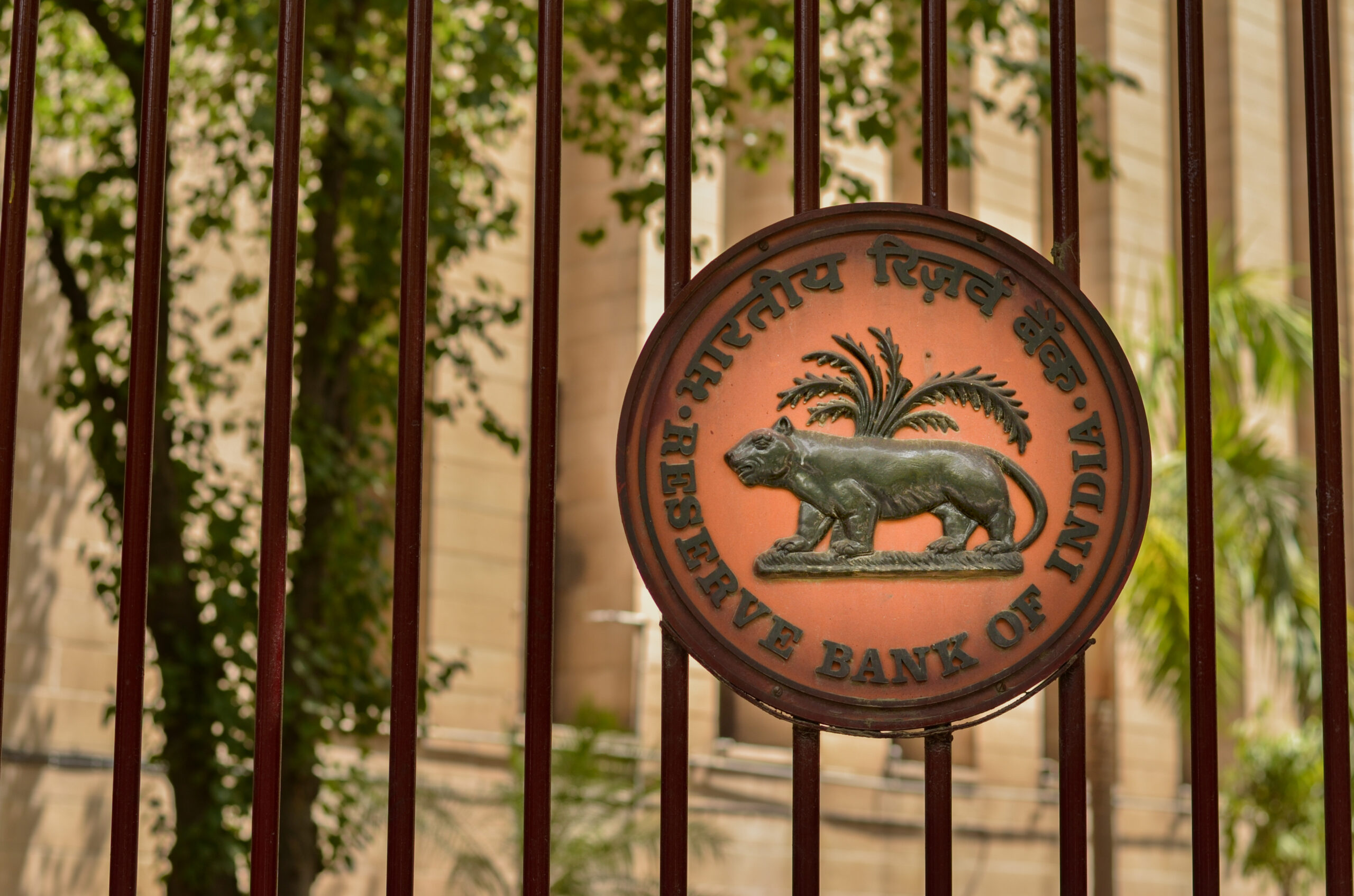 Back
Back
FinTech Convergence Council lauds RBI’s draft framework for SROs
By Puja Sharma
 The FinTech Convergence Council (FCC), in a statement issued, welcomed the Reserve Bank of India’s (RBI) release of its draft framework for Self-Regulatory Organizations (SROs) as a landmark step for strengthening India’s financial ecosystem.
The FinTech Convergence Council (FCC), in a statement issued, welcomed the Reserve Bank of India’s (RBI) release of its draft framework for Self-Regulatory Organizations (SROs) as a landmark step for strengthening India’s financial ecosystem.
FinTech Convergence Council (FCC) was established in 2018 to represent the perspectives of regulated financial service providers and fintech companies on various issues. Currently, FCC has a membership of over 150 companies from diverse domains within the industry, including digital lending and segments such as MSME, Consumer loans, Asset-Backed lending and Cards, wealth management, Insurance, Digital Financial Service Providers, RegTech, and Bureaus. The council’s primary focus is to address the industry’s sector-specific challenges and serve as a platform for all stakeholders within the financial services (BFSI) ecosystem, fostering discussion on essential issues, incorporating diverse perspectives, and promoting the growth of the FinTech sector.
The news comes after, The Reserve Bank of India issued a draft framework for self-regulatory organisations focused on FinTech. The main idea behind the guidelines is to empower the fledgling sector to function and innovate responsibly, even without formal regulations.
The RBI emphasised the importance of striking a delicate equilibrium between fostering industry innovation and addressing regulatory priorities to safeguard consumers and manage risks. This balance is essential for maximising the FinTech sector’s positive contributions.
“We commend and stand together committed with the Reserve Bank of India for their forward-thinking approach in proposing the Framework for Self-Regulatory Organisations (SROs) in the FinTech industry. This is a significant move towards fostering responsible innovation and ensuring a robust ecosystem for FinTechs.” said Harshvardhan Lunia, Chair, FinTech Convergence Council (FCC), and Founder & CEO of Lendingkart Technologies.
FinTechs in India have truly been leading innovative solutions with the support of UPI and digital public infrastructure. Indian consumers are fast adopting offerings from Indian fintechs. Yet, in the hearts of all the players across the industry lies a solid commitment to customer-centricity, transparency, and ethical practices – we, as innovators, understand the responsibility of reshaping financial landscapes.
This proposed framework aligns seamlessly with these principles, empowering us to elevate our industry towards a higher standard. FCC would continue to serve industry interests for innovative offerings and align with RBI to drive responsible innovation in the industry.
Lunia added, “Together, we can build a resilient, customer-first-focused ecosystem that thrives on integrity and continues to catalyze financial inclusion in our dynamic economy. FCC stands ready to contribute to the consultation process actively, providing valuable insights and feedback on the draft framework to ensure its effectiveness and seamless implementation.”
FCC has played a leading role in advocating for public policies pertaining to the domains and has actively produced thought leadership content.
IBSi FinTech Journal

- Most trusted FinTech journal since 1991
- Digital monthly issue
- 60+ pages of research, analysis, interviews, opinions, and rankings
- Global coverage
Other Related News
Related Reports

Sales League Table Report 2025
Know More
Global Digital Banking Vendor & Landscape Report Q2 2025
Know More
NextGen WealthTech: The Trends To Shape The Future Q4 2023
Know More
Intelligent Document Processing in Financial Services Q2 2025
Know More


